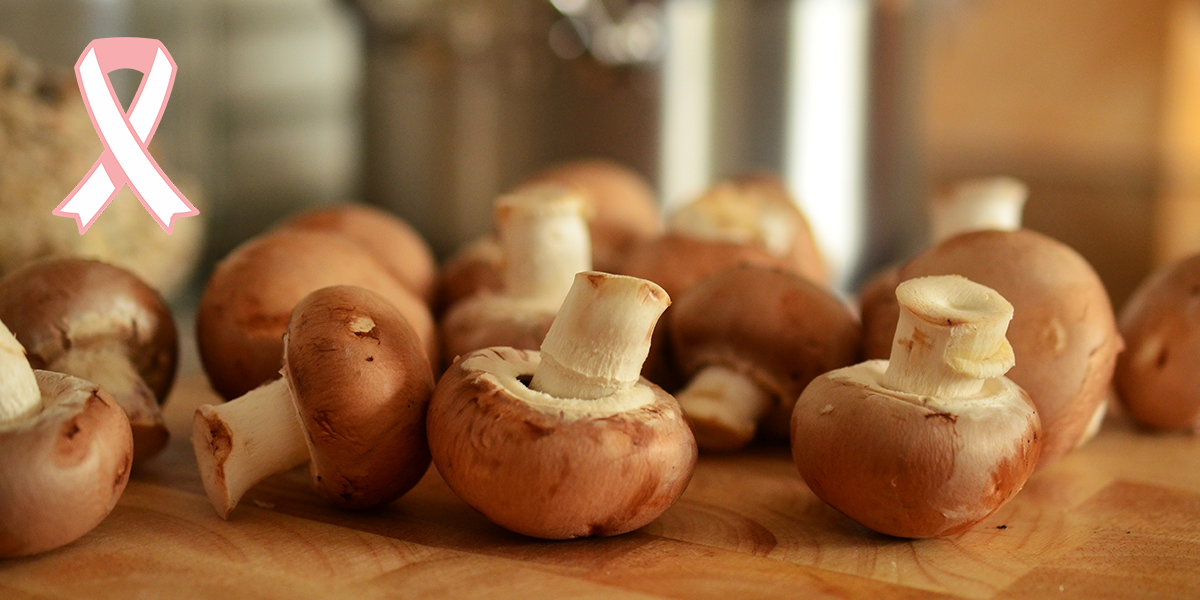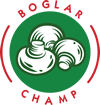Age is the biggest risk factor for cancer, but lifestyle choices, diet, and pollution can also influence the development of the disease, and in the case of some cancers, viruses and bacteria can be triggers, too. In 2002, 10 million people worldwide lost their lives to cancer.
World Cancer Day is on 4 February: on this day, doctors, health experts, people affected by cancer, and prevention organizations raise awareness of the disease worldwide and highlight the importance of prevention and appropriate treatment. World Cancer Day was established at the first World Cancer Summit in Paris in February 2000. On 4 February, a landmark document was signed calling for global action against cancer.
Cancer is a major cause of death in our region: in the European Union, cancer is the second most common cause of death after cardiovascular disease. In the EU, 2.7 million people were diagnosed with cancer in 2020, and another 1.3 million lost their lives to the disease.
Almost 75% of all cancers diagnosed in the EU affect people over 60. Experts estimate that if Member States do not take action, by 2035, the number of illnesses will increase by almost 25% and become the leading cause of death in the EU. Romania has an average of 100,000 cases of cancer every year, with 55,000 deaths. In other words, our mortality rate is much higher than in the EU.
The good news is that, according to experts, 40% of cancer cases in Europe could be prevented. That is why the European Cancer Plan also emphasizes prevention. Prevention includes, among other things, promoting a healthy lifestyle, including a healthy diet and exercise. As well as seriously affecting the lives of patients and those around them, cancer has an enormous impact on our health systems, the economy, and society as a whole, say European policymakers.
What can we do for prevention?
Because early detection through screening tests can save lives, it is intended to increase the number of people at risk in the EU who have access to screening programs in the coming years.
A healthy diet is also mentioned in informational materials. Experts advise choosing healthy foods if you want to reduce the risk of the disease. In addition to eating a healthy diet, the following are also important: exercising regularly, quitting smoking, reducing alcohol consumption, reducing sun exposure, avoiding contact with pollutants and chemicals (such as plastics containing BPA), getting the HPV vaccine (which causes cervical cancer), and regular self-checks and awareness of symptoms.
A healthy diet: anti-cancer diet
While promising research and results supporting the anti-cancer effects of certain foods, plant extracts, or mushrooms (wheatgrass juice, pomegranate juice, shiitake mushrooms), researchers say it is simplistic to claim that eating any food can itself affect the chance of developing cancer. So instead of hoping for a panacea, let’s focus on following the basic rules of a healthy, balanced diet. In short, eat less salt and sugar, eat plenty of fruit and vegetables, and cut down on alcohol.
At the same time, being overweight can be a precursor to cancer, so it’s wise to watch your weight. Not only for aesthetic reasons but also to keep you healthy.
Avoid fast food restaurants as much as possible. Many convenience and junk foods are high in sugar and fat.
For the same reason, avoid carbonated drinks with high sugar content. However, our bodies need fluids, so we should drink at least one and a half liters of clean water daily!
Let’s make sure we regularly eat enough foods with fiber and vitamins. Wholegrain bread, vegetables, mushrooms, and fruit should make up the bulk of our diet. This way, we can have a balanced diet.
Let’s reduce meat consumption to 2-3 times a week and choose poultry meat instead of red meat and unprocessed meat instead of salted, marinated, smoked meat, sausages, salami, and sausages! Eggs, fermented dairy products, cheese, mushrooms, vegetables, seeds, and oil fruits should provide your protein intake.
Let’s eat light foods, cooked over low heat with little water and fat, braised rather than fried, and avoid overly spicy foods. Eating healthy fats, such as linseed oil, hemp oil, and MCT oils, is also beneficial.
Takeaway
Let’s try to have a balanced diet, get enough exercise, get enough rest, and take care of our body and its needs. If we are in the risk group (we’re older, smoke, drink alcohol, are overweight, don’t exercise enough), it’s crucial to have regular check-ups. We should consult a doctor or dietician before starting a new diet or a treatment with vitamins or supplements.
In 2023, dietitians expect the popularity of healthy and organic eating to continue to grow, including the consumption of mushrooms.
Mushrooms and oyster mushrooms contain antioxidants, vitamins, proteins, essential minerals, fiber and are therefore elemental in terms of a healthy diet low in fat and animal ingredients. Try some of our healthy mushroom recipes!






